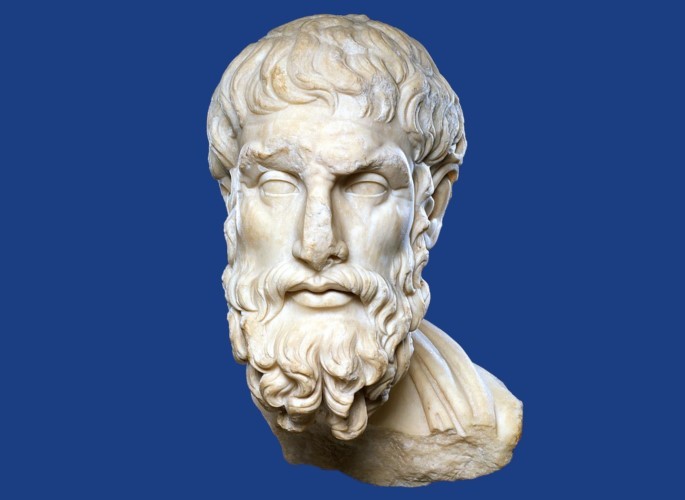The Epicureanism was a philosophical doctrine created by the Greek philosopher Epicurus (341-271 BC), the “Prophet of Pleasure and friendship.”
The Epicurean philosophy was divulged by his followers, among them, Lucrécio, Latin poet (98-55 BC) stands out.
Epicureanism, Hedonism and Stoicism
In physics, the main characteristic of Epicureanism is atomism. In morality, the identification of the sovereign good as pleasure , which must be found in the practice of virtue and in the culture of the spirit.
Epicurus’ doctrine substitutes good for pleasure and evil for pain. Happiness consists in assuring yourself with maximum pleasure and minimum pain, through the health of your body and spirit.
This concept spread by Epicurus is rooted in Hedonism . In other words, it gave rise to a philosophical and moral doctrine that is based on “pleasure”, a way of obtaining human happiness.
Consequently, both the Epicurean ethics and political theory were based entirely on a utilitarian basis.
In contrast to Stoicism , they did not insist on virtue as an end in itself, but taught that man should be good only to increase his own happiness.
They denied the existence of absolute justice and believed that institutions would be fair insofar as they contributed to the happiness of the individual.
In the meantime, Epicureanism diverged from Stoicism . The stoic current claimed that the entire universe was governed by a universal, divine reason. This order defines all things, where everything arises from it and according to it.
Stoicism was based on strict ethics , according to the laws of nature, and that the wise man becomes free and happy when he does not allow himself to be enslaved by passions and external things.
For Epicureans, all complex societies establish certain necessary rules, aimed at maintaining security and order.
Men obey them only because it is to their advantage. Thus the origin and existence of the state are based directly on individual interest.
In general, Epicurus did not attach great importance to either political or social life. He considered the State to be a mere convenience and advised the well-advised man not to participate in public life.
Unlike Cynicism , he did not propose to man to abandon civilization and return to nature. His conception of the happiest of existences was essentially passive and indifferent.
Finally, for the Epicureans, the wise man will realize that he cannot eradicate the evils of the world, no matter how exhausting and clever his efforts may be.
For this reason, they must “ cultivate their garden ”, study philosophy and enjoy the coexistence of their few friends, of the same temperament.

